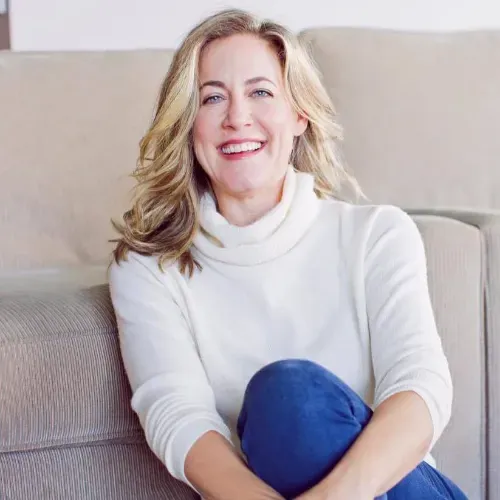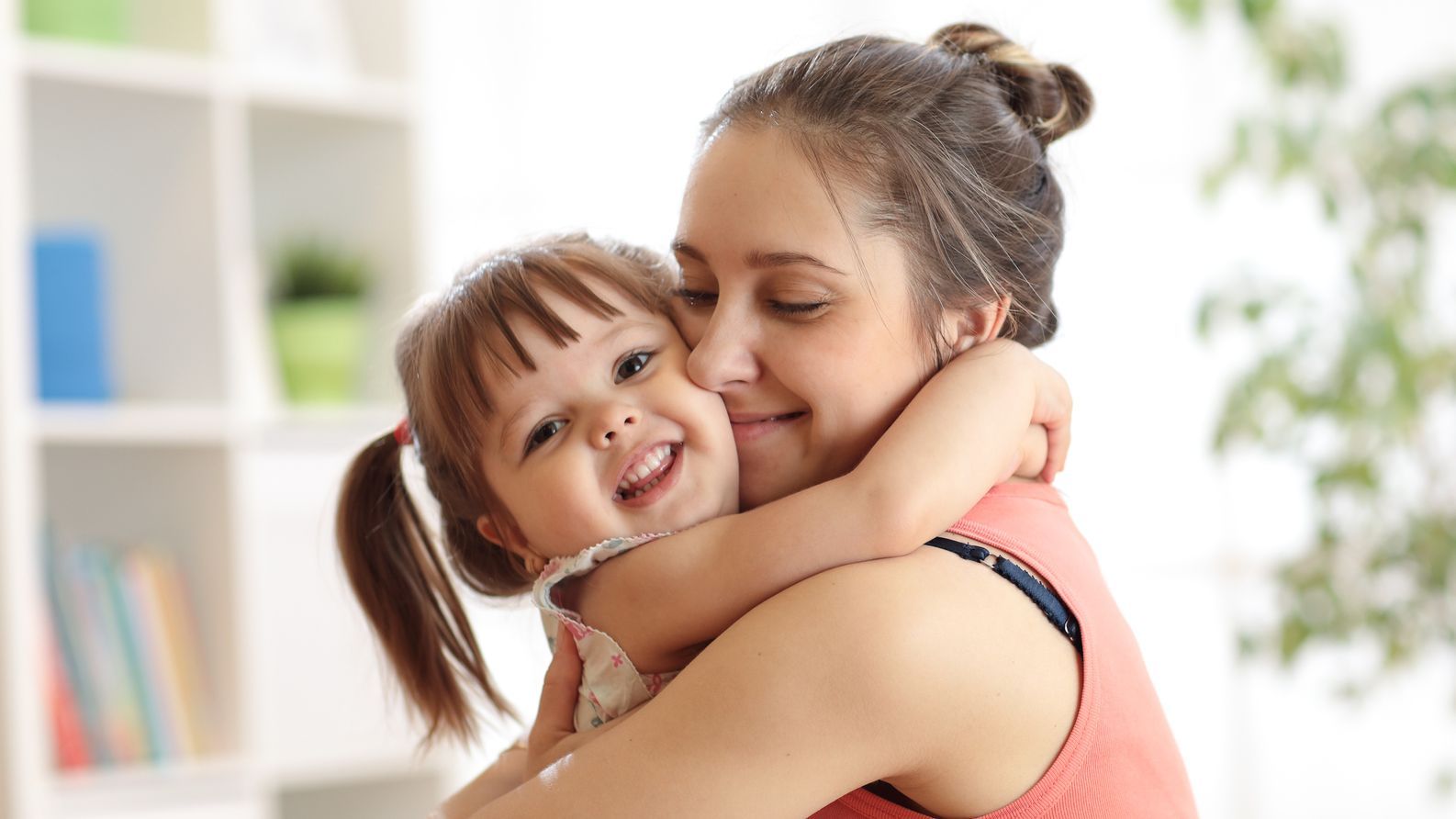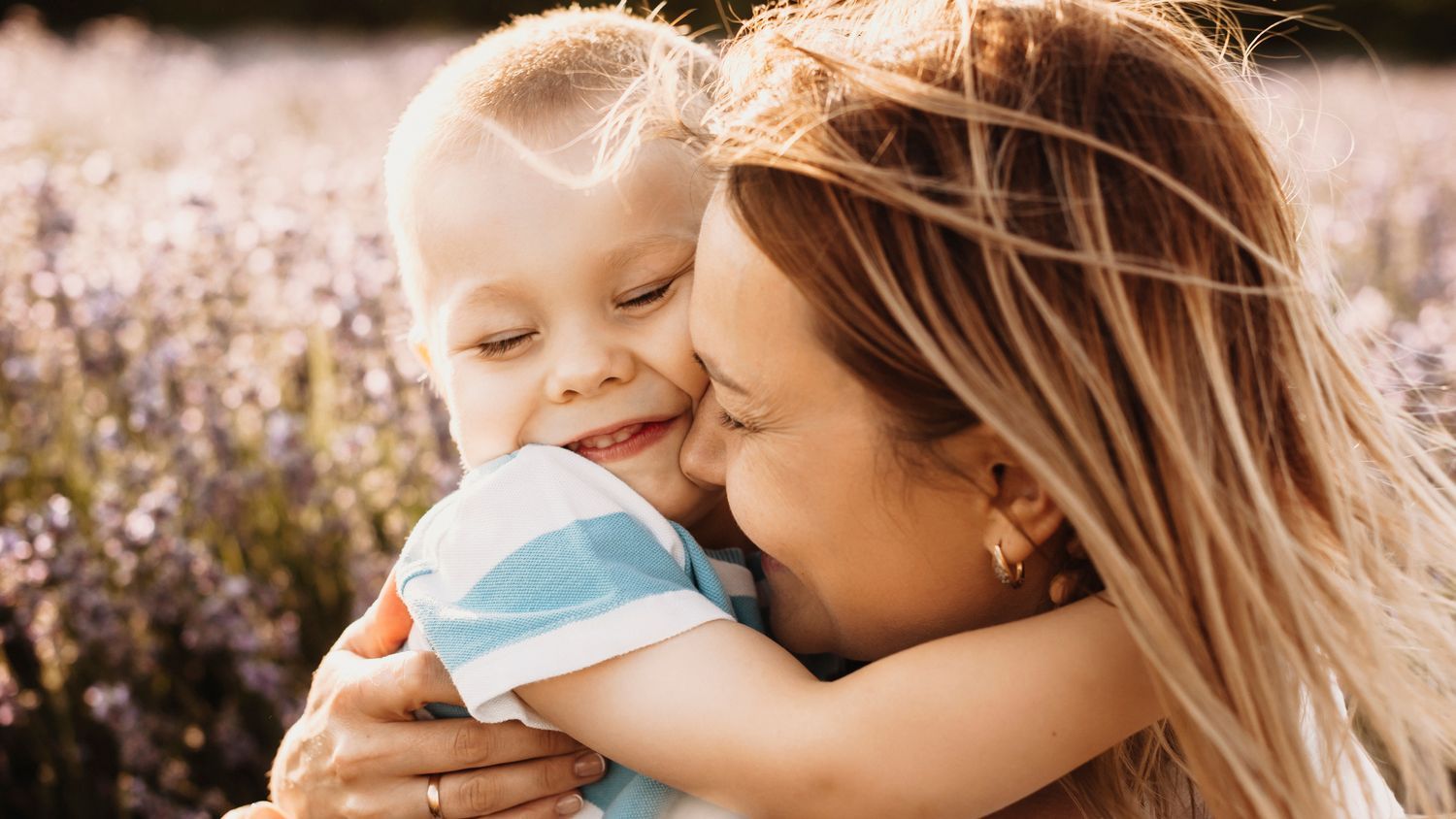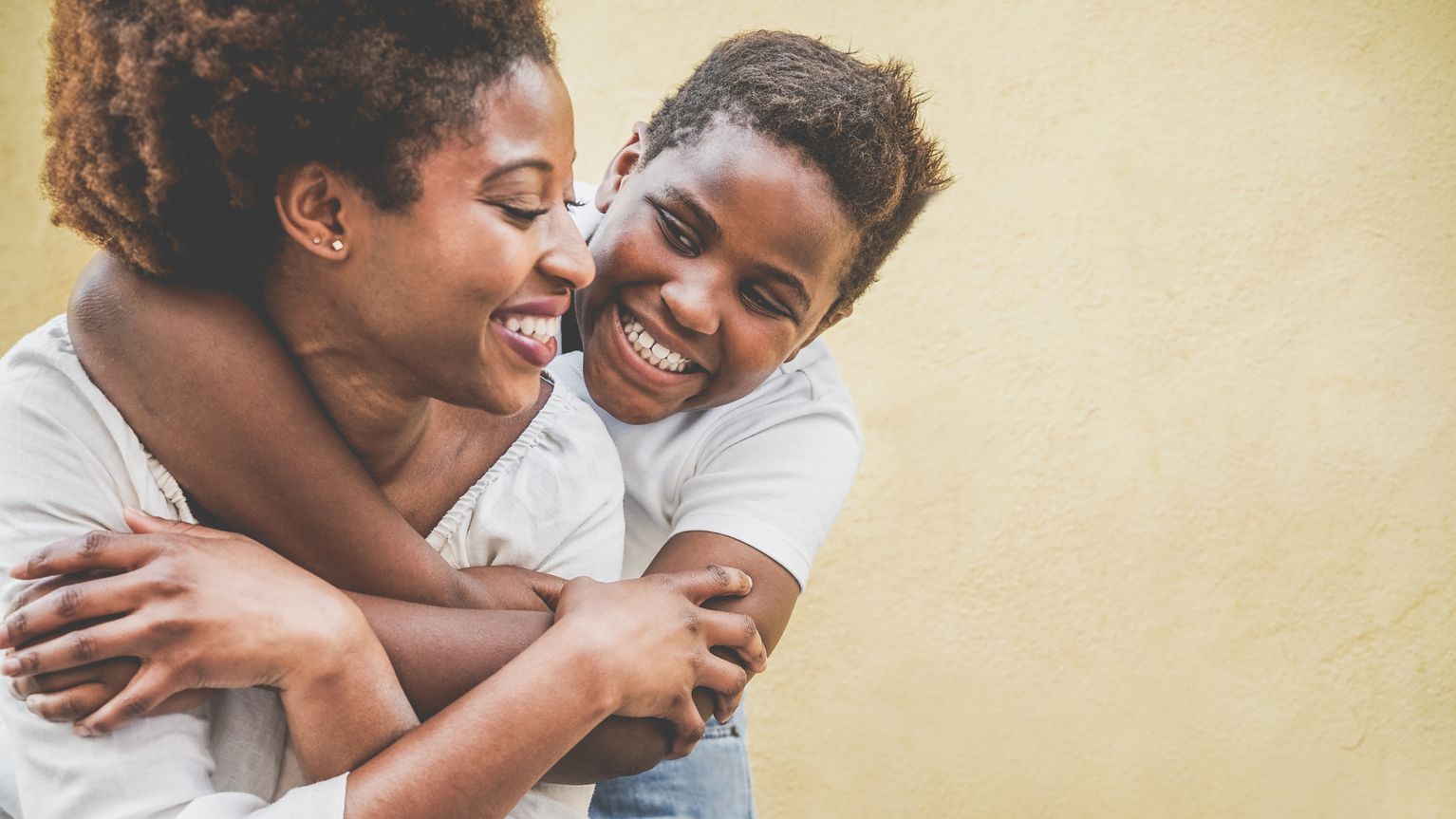
I am so very excited to share this with you...
We’ve got a “not-so-secret” project going on here at Jai that you’ll hear a lot more about later this year, but I’ll let it out in the name of giving you a healthy dose of hope as you navigate the challenges of modern day parenting.
We’ve been running a book club with a powerful group of our certified parenting coaches, except in this book group we aren’t reading a book… We are writing one! We meet each week to share stories, wisdom and transformations.
A few weeks ago, I asked a question:
“What is possible for you and your children because you now have access to the work we do here at Jai?”
And the conversation… quite frankly… blew me away. I *might* have cried a little.
Here’s the conversation:
As parenting coaches, parents come to us for solutions to some very common problems...
- They want to stop yelling at their kids and they want their kids to listen.
- They are going crazy because their kids won’t stop bickering with each other.
- They have older kids who are demonstrating high-risk behaviors, or having a mental health crisis and they are scared.
- They have kids who are underperforming and they don’t know how to motivate them.
- They are experiencing relationship friction with their co-parent, spouse or partner because they have different views on how their kids should be parented.
- They feel like their kids don’t respect them or even care about them. They feel taken advantage of and worry that they’ve raised entitled, spoiled kids.
Where we can find the solution
Up until now, the lion’s share of advice available to parents addresses each of these issues at the level of behavior.
The “miracle” of transformational parenting is that when we shift how we are showing up as parents, the “behaviors” that were driving us bananas go away. No sticker charts required.
What our certified parent coaches are saying about this work
Allyn describes the joy of watching her two children play together, support each other and be there for each other. There’s none of the rivalry that put her at odds with her own brother, who she no longer has a relationship with. While her children are still young, she has no reason to believe that these strong relational foundations will shift. Her kids are very likely going to be friends for life.
Same here. My children truly love each other. They are in high school, just a year apart, and seem to be able to navigate for themselves the balance between giving each other space in their friend groups, and enjoying each other’s company. They are each other’s biggest cheerleaders, applauding grades well-earned and dreams pursued.
Jenny and Chris have adult children now, and they both gush with joy about their grown children. They speak to the love they experience when they spend time together, and how their kids call to talk with them, yes when they have challenges to face, but also when they read a good book, or want to talk about Buddhism, or politics, or a new romance.
Katie shared a dinner-table conversation with her 8-year old. She was sharing stories of her own “mean grandmother” and some of the experiences that left her feeling less-than, not good enough and unworthy. (Yes, in transformational parenting we talk about these things!!) Her daughter said, “Well, it sounds like your grandmother didn’t know how to be nice to you.” Such wisdom.
Daisy is from Nigeria, where as the oldest, she was tasked with raising her younger siblings. She’s been mama-ing for most of her life. She is doing the work of breaking generational patterns that saw little value in affection. It’s still hard for her, at times, to express affection for her children and she is working through learning to give a simple hug. But her daughter? Her daughter came home from school recently and said “Mama, I think I want to be a therapist.”
“Why?” asked Daisy.
“Because my friends all tell me about their feelings. They tell me how lucky I am to have a mother who understands about feelings. They want to have a mother like you.” Gulp.
Here’s the thing about kids:
They are just like us. They want to belong. They want to get along. They want to enjoy their time with us, their parent. They want to excel.
When we give them what they need, they will naturally and easily give us what we need.
The shift to transformational parenting creates a family system where all feelings and needs are heard, considered and agreed upon. As parents we also get to have feelings and needs. We get to take five minutes when we need them.
Children are shouting with their actions and deeds. When we hear them, they no longer need to shout. So magical? Yes. Theoretical? No.
This is simply how brains, emotions and behaviors work. It’s not rocket science – it’s human science!
Creating a family that is centered in communication, open emotional expression and fun is the prescription we need to solve some of life’s greatest modern challenges.
Really. And it is the cure to so much that ails us.
How this ties into our modern society
Addiction, for example, is how people numb their feelings of anxiety, inadequacy, and isolation. Addiction is not just about drugs or alcohol. Addiction is looking to anything outside of ourselves to feel better, that causes harm. Spending, being a workaholic, sexual behavior, social media scrolling are some others that can really become destructive forces in our own personal relationships. Kids who are raised with connection to their parents are less likely to experience addiction.
Co-dependency is practically the norm in our culture. Co-dependency is a destructive relationship pattern where we rely on the attention, validation and direction of others to access feelings of self-worth and belonging. When we are internally resourced with our own sense of self-worth and belonging, we can enjoy mutually satisfying relationships, while maintaining a sense of healthy independence.
Ideology is tearing apart families and communities. Whether it’s political, religious or otherwise, the us vs. them culture creates inflexible thinking that separates us from each other. As we learn to access empathy, and to sit in uncomfortable situations, and then teach our children to do the same, we can find more connection with most people than not.
Materialism, debt and the harm being done to our planet's natural resources are all outcomes of people wanting more, more, MORE in order to project a version of themselves to others, or fill an empty hole in their inner experience. When we have an inner sense of self, we don’t need so much stuff.
I could go on, but I hope that you’ll see that so much of what we are facing in our world is a crisis of disconnection. So we have to start valuing connection over obedience, guidance over criticism and doing the brave work of learning a new language.
This is what our book is going to be ALL about… So stay tuned. And in the meantime, deep breaths. You’re doing great.
Meet Your Author, Kiva Schuler
Jai Co-Founder and CEO
Kiva’s passion for parenting stemmed from her own childhood experiences of neglect and trauma. Like many of her generation, she had a front row seat to witnessing what she did not want for her own children. And in many ways, Jai is the fulfillment of a promise that she made to herself when she was 16 years old… that when she had children of her own, she would learn to parent them with compassion, consistency and communication.
Kiva is a serial entrepreneur, and has been the marketer behind many transformational brands. Passionate about bringing authenticity and integrity to marketing and sales, she’s a sought after mentor, speaker and coach.
KEEP READING:








